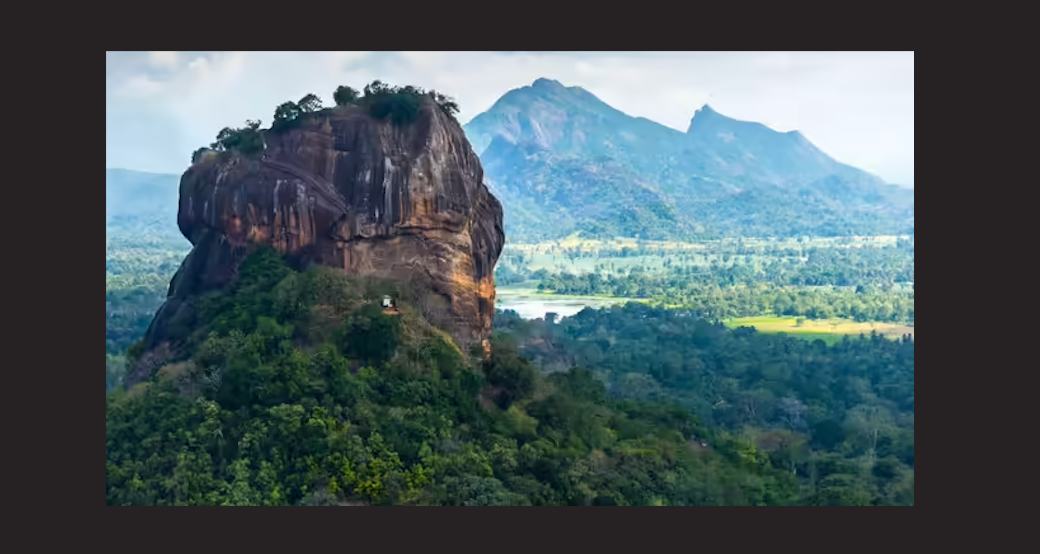‘I can grow mangoes even in a desert,’ says Khan.
Every day, Indian octogenarian Kaleem Ullah Khan wakes at dawn, prays, then ambles about a mile to his 120-year-old mango tree, which he has coaxed into producing more than 300 varieties of the beloved fruit over the years, an AFP report in the Khaleej Times says.
His eyes light up as he peers closely at the branches through his spectacles, gently caressing the leaves and sniffing the fruits to see if they are ripe.
“This is my prize of toiling hard in the scorching sun for decades,” the 82-year-old said, in his orchard in the small town of Malihabad in Uttar Pradesh.
Khan was just a teenager when he conducted his first experiment in grafting, He nurtured a tree to produce seven new kinds of fruit, but it blew down in a storm.
According to him, since 1987, his pride and joy has been a particular 120-year-old specimen— a source of more than 300 different types of mangoes, each with their own taste, texture, colour and size.
He named one of the earliest varieties “Aishwarya”, after the Bollywood star and 1994 Miss World beauty pageant winner Aishwarya Rai Bachchan. To this day, it remains one of his “best creations”.
“The mango is as beautiful as the actress. One mango weighs more than a kilogram (two pounds), has a tinge of crimson to its outer skin and it tastes very sweet,” he said.
Others he named in honour of Prime Minister Narendra Modi and cricket hero Sachin Tendulkar.
He named one of the earliest varieties “Aishwarya”, after the Bollywood star and 1994 Miss World beauty pageant winner Aishwarya Rai Bachchan. To this day, it remains one of his “best creations
“People will come and go, but the mangoes will remain forever, and years after, whenever this Sachin mango will be eaten, people will remember the cricketing hero,” Khan continued.
Standing nine metres (30 feet) tall, his treasured tree has a stout trunk with thick, sprawling branches that offer a pleasant shade against the Indian summer sun. The leaves are a patchwork of different textures and smells. In some places, they are yellow and glossy, and in others, a dark, dull green.
“No two fingerprints are the same, and no two mango varieties are similar. Nature has gifted mangoes with traits like humans,” Khan said.
His intricate method for grafting involves diligently slicing a branch from one variety, leaving an open wound into which a branch from another variety is spliced and sealed with tape.
Khan’s skills have won him numerous accolades, among them one of India’s highest civilian honours in 2008, as well as invitations to Iran and United Arab Emirates.
“I can grow mangoes even in a desert,” he says.
India is the largest producer of mangoes, accounting for half the global output. Mostly owned by families for generations, the orchards are a mango lover’s paradise.
******************************************************
Readers
These are extraordinary times. All of us have to rely on high-impact, trustworthy journalism. And this is especially true of the Indian Diaspora. Members of the Indian community overseas cannot be fed with inaccurate news.
Pravasi Samwad is a venture that has no shareholders. It is the result of an impassioned initiative of a handful of Indian journalists spread around the world. We have taken the small step forward with the pledge to provide news with accuracy, free from political and commercial influence. Our aim is to keep you, our readers, informed about developments at ‘home’ and across the world that affect you.
Please help us to keep our journalism independent and free.
In these difficult times, to run a news website requires finances. While every contribution, big or small, will makes a difference, we request our readers to put us in touch with advertisers worldwide. It will be a great help.
For more information: pravasisamwad00@gmail.com








